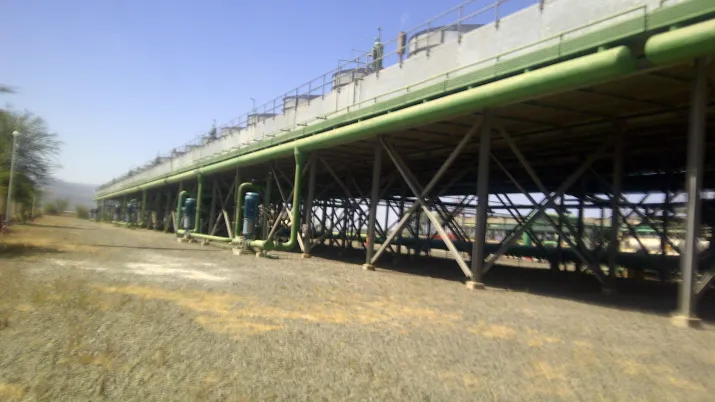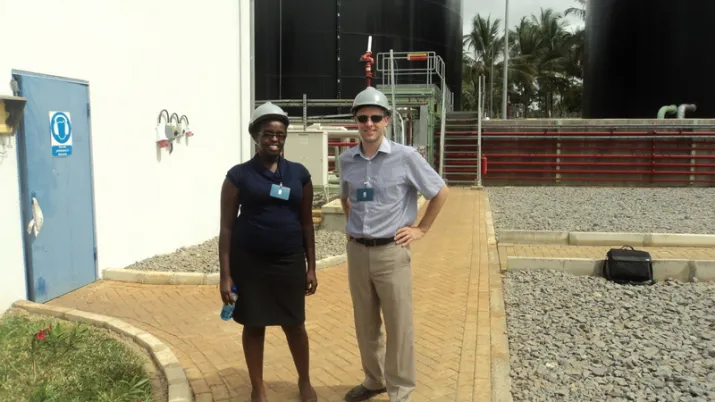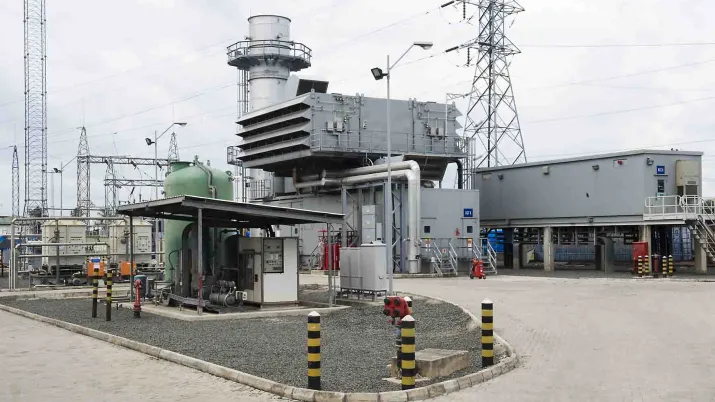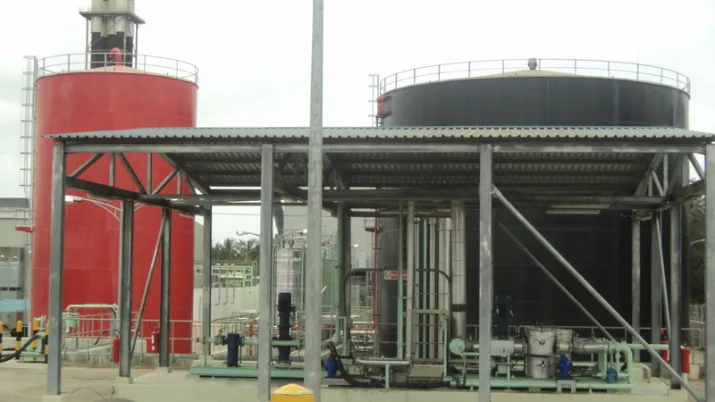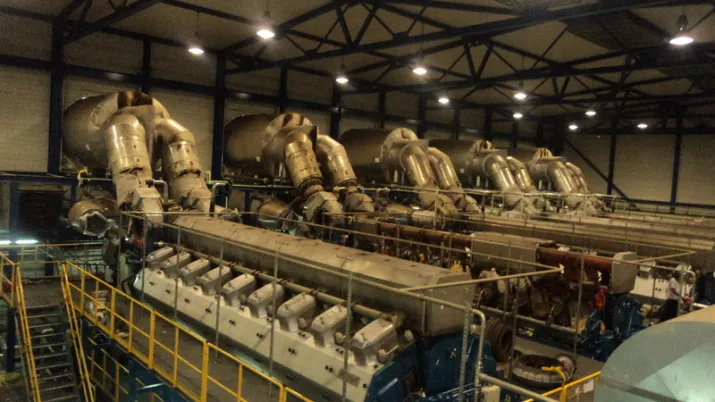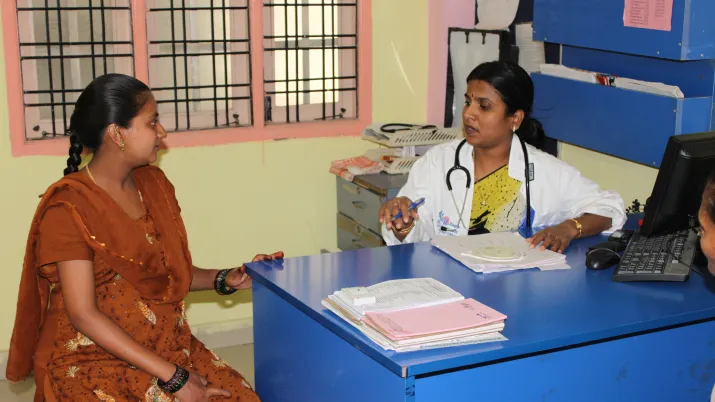All Private Sector & Development magazine articles
A new generation of real-estate developers focusing on low-income housing
Developers who want to enter India's affordable housing market face many obstacles. But with an estimated market value of USD 245 billion, the sector is attracting growing interest. Tata Housing, one...
Published on
Housing the world: leveraging private-sector resources for the public good
By 2030, around 3 billion people in the developing world will need housing. That means 565 million new units, adding to the current gap of more than 400 million homes. Building these will provide much...
Published on
Developing renewable energies in Africa: a public-private partnership
Likewise mobile phone for telecommunication, is sub-Saharan Africa on the verge to leapfrog conventional energy and move straight to renewable energy (RE)1 to address requirements for capacity additio...
Published on
Mining, the key to unlocking Africa's independent power producer markets
The size of power needs in most African countries and the investment required limits the number of projects that can realistically be funded in-country. The private sector could help, particularly whe...
Published on
Assessing the impacts of new IPPs at country level? Case study on Kenya
Independent power producer (IPP) investments are making a real contribution to increasing the provision of electricity in Kenya, and in reducing outages. This analysis demonstrates the development pot...
Published on
Driving growth by providing economically sustainable power
Globeleq focuses on independent power projects (IPPs) in the emerging markets of Africa and Central America. The company is dedicated to enabling growth; the good performance of its operations; delive...
Published on
An inconvenient truth
Raising sub-Saharan Africa's electricity availability per person to the level of lower middle-income countries would potentially cost an unaffordable USD 400 billion. Private capital could help contri...
Published on
Independent power generation: the Ivoirian model
Côte d'Ivoire was one of the first countries in sub-Saharan Africa to privatise its electricity sector and, today, independent producers play a significant role in the country's electricity generation...
Published on
Contributing elements to success of IPPs in sub-Saharan Africa
Independent Power Producers (IPPs) have contributed to power generation across sub-Saharan Africa, but there is still a long way to go. An analysis of the approximately 30 medium- to large-scale indep...
Published on
Providing low-cost, high quality healthcare for India's poor
LifeSpring provides prenatal care throughout a woman's pregnancy. Its core customer base is those who have a household income of USD 2-5 USD/day. A for-profit organisation - although not profit-maximi...
Published on
Private Sector Opportunities in Developing Country Healthcare
Healthcare demand in Africa cannot be fully met by the public sector. Substantial investment will be needed to meet the growing demand – largely from low and middle-income households, which comprise 7...
Published on
Making the private health sector deliver for the poorest: common sense or blind optimism?
Many international donors propagate the belief that Universal Health Coverage (UHC) can be achieved by enlarging the private health-care sector in low-income countries. Oxfam suggests that there are s...
Published on
Partnering for quality healthcare delivery
Good policies for the private health sector are essential to improve the overall performance of the health systems. The private sector provides a large part of health services in many developing count...
Published on
The positive healthcare scenario in Brazil
Brazil's public health system covers all citizens. While it achieves excellent results in certain areas, it often fails to provide basic assistance to many due to a lack of financing. The private heal...
Published on
Improving health outomes by gearing health systems towards universal health coverage
While all countries face health challenges, the situation is most acute in the countries that are home to the “bottom billion”. While still fighting against the major communicable diseases and materna...
Published on
A French bank's vision of the African banking sector's evolution
Far from adopting a wait-and-see approach, Société Générale is pursuing a growth strategy in Africa. While consolidating its offer for underbanked populations, it continues to build working relationsh...
Published on
The rise of local privately owned banks
Local banks in sub-Saharan Africa have real advantages over their foreign competitors. Their growth is leading to greater access to banking services and the emergence of leading companies. As demonstr...
Published on
Renewing the rules for an efficient financial system
Africa’s financial systems have developed and stabilised – a process driven, among other factors, by the emergence of local banks and their capacity for innovation. Although banks are becoming more re...
Published on
Supporting the emergence of a sustainable financial sector in Africa
The last ten years have seen a local banking sector emerge in Africa, alongside the European banks that have traditionally been present. While a development model based on these local resources seems...
Published on
An African banking model
Following the lessons of the pan-African banking groups' expansion, a number of local commercial banks have successfully expanded regionally. They differ from the international banking groups in a num...
Published on




